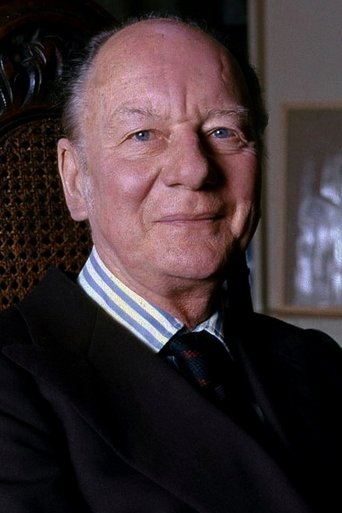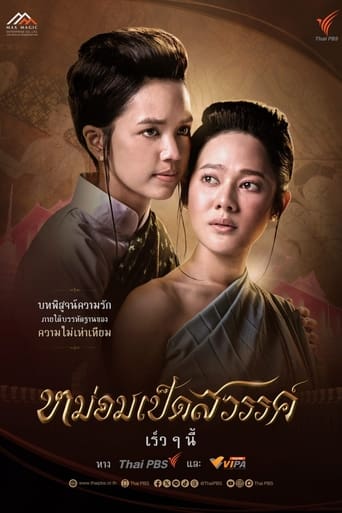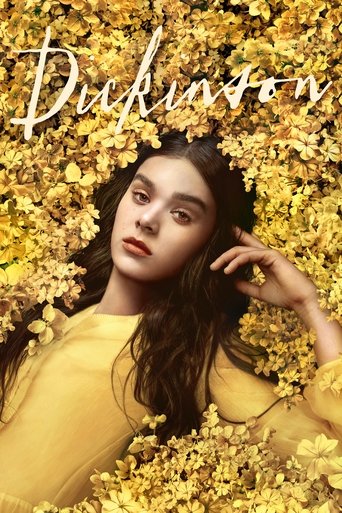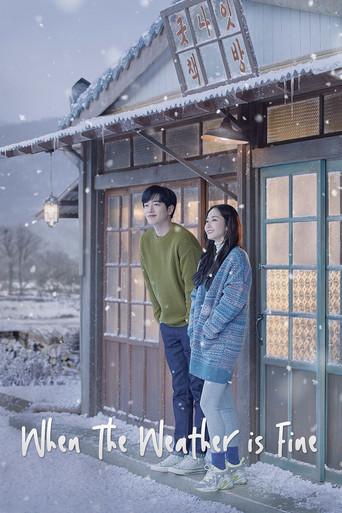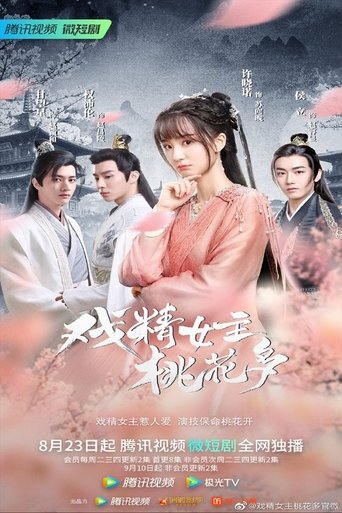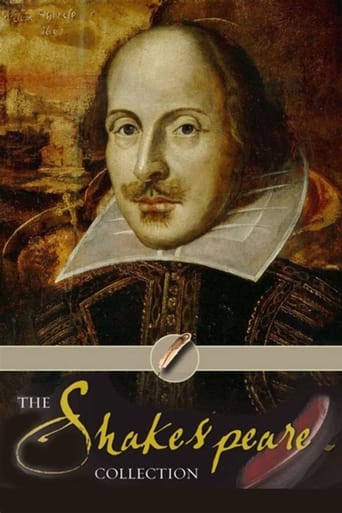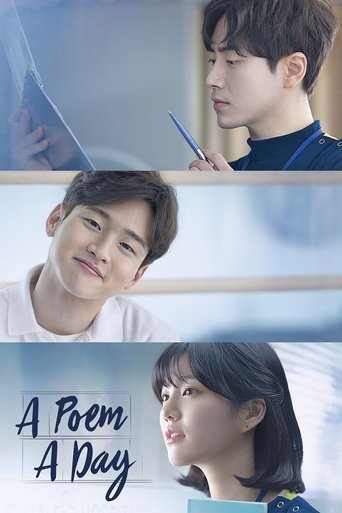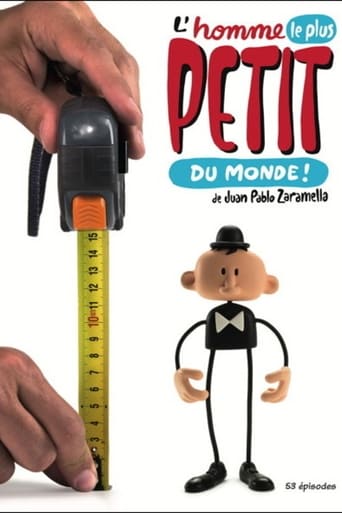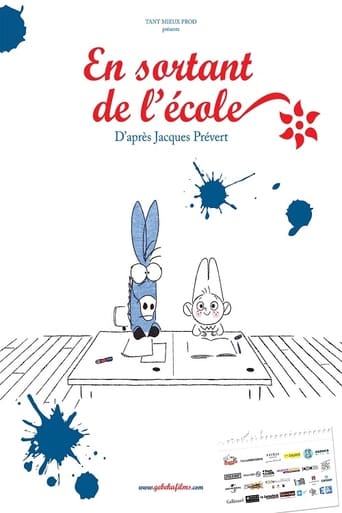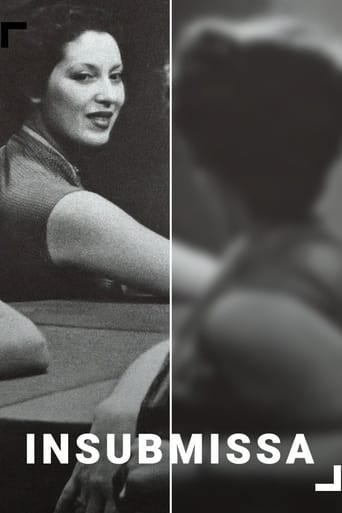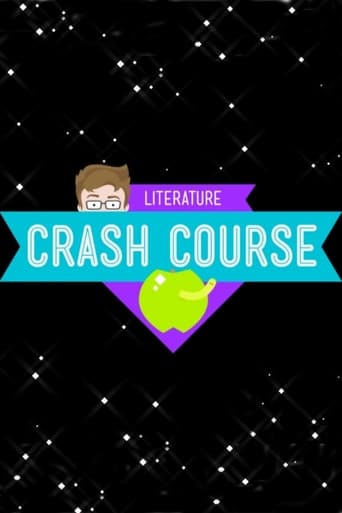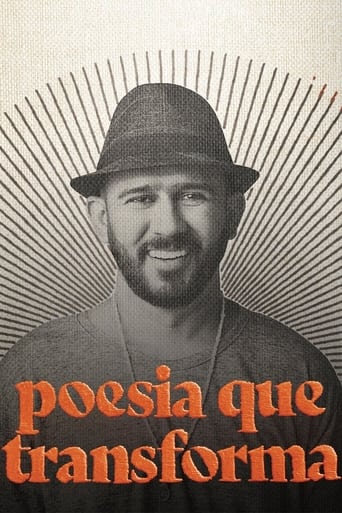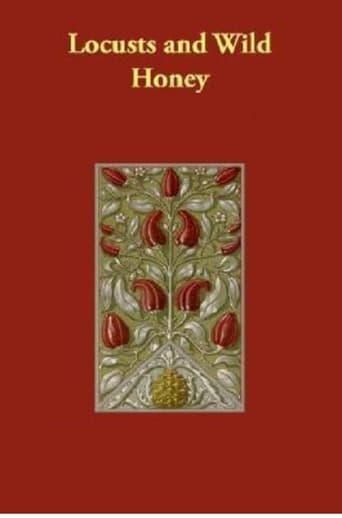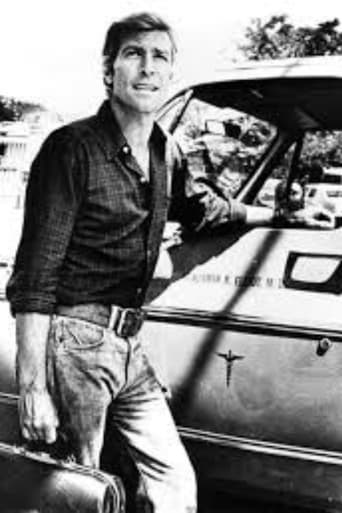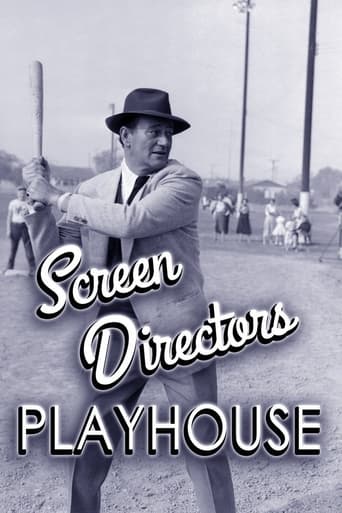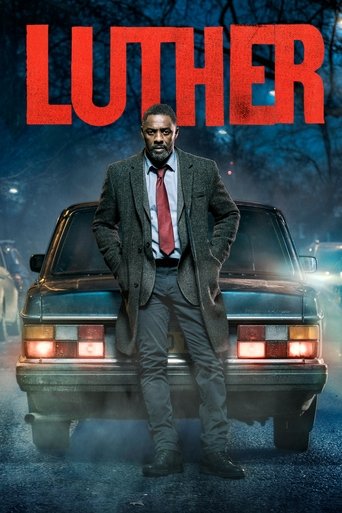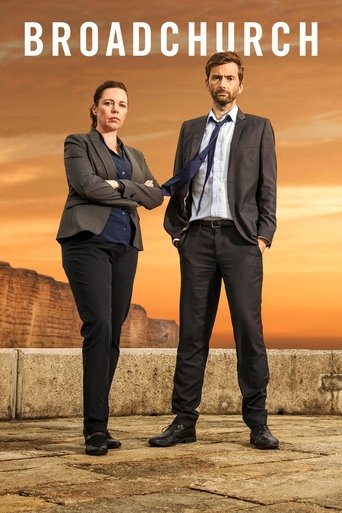
Rating:
6/10 by 1 users
Six Centuries of Verse (1984)
Sir John Gielgud is joined by an outstanding repertory of actors in this pioneering, imaginative series demonstrating the immense variety and emotional impact of English-language poetry, from the fourteenth century to the contemporary era.
Writing:
Release Date:
Wed, May 02, 1984
Country: GB
Language: En | La
Runtime: 400
Country: GB
Language: En | La
Runtime: 400
John Gielgud
Himself - Presenter
Season 1:

This introductory programme establishes the continuity and variety of poetry over six centuries, touching on different genres by using extracts from some of the many poems featured in the series - from Chaucer to Ted Hughes.

A look at the poetry composed between the mid-seventh century and the Norman Conquest, including Julian Glover's reading of part of his own adaptation of the heroic epic Beowulf.

Chaucer was the first great named poet in English. This programme focuses on The Canterbury Tales, with a reading of the introduction by Gary Watson and a detailed exploration of The Pardoner's Tale.

This programme explores the late Medieval period leading into the Renaissance, discussing poems dealing with love, death and ambition by Skelton, Wyatt, Raleigh, Marlowe and Shakespeare.

A chronological look at Shakespeare's dramatic genius, using extracts from eight plays: Romeo and Juliet, Henry V, Twelfth Night, Hamlet, King Lear, Antony and Cleopatra, Cymbeline and The Tempest.

The vigour and audacity of John Donne's love poetry is contrasted with his equally powerful devotional works. The programme then explores the work of Donne's disciple George Herbert, and Andrew Marvell.

Milton's dedication, his humanity and his blindness are all given illustration in Ian Richardson's reading of the sonnet to his dead wife, Katharine, while his eloquence is highlighted in Richardson's spectacular readings from Paradise Lost.

An overview of the great age of satire: among the works featured are Rochester's 'A Satire Against Reason and Mankind', Dryden's 'Absalom and Achitophel' and the mock-heroic 'MacFlecknoe', and Pope's masterpiece of mordant wit, 'The Dunciad'.

This programme features excerpts from Jonathan Smart's 'Jubilate Agno', written in Bedlam, five poems by Blake, Coleridge's 'Kubla Khan', and Wordsworth's 'The Solitary Reaper' - a fine example of "emotion recollected in tranquillity".

'Upon Westminster Bridge', 'Daffodils', 'A Slumber Did My Spirit Steal', and an extract from Book I of 'The Prelude' are among the poems read by Julian Glover; all were filmed in Wordsworth's native Lake District.

Among the poems featured are Shelly's 'Ozymandias', 'The Mask of Anarchy' and 'Adonais'; Keats' 'La Belle Dame sans Merci' and 'To Autumn'; and part of Byron's 'Don Juan'.

The Victorian period of richly represented with extracts of poems by Alfred, Lord Tennyson, Emily Bronte, Christina Rossetti, Robert Browning, Matthew Arnold and Agernon Charles Swinburne.

Lee Remick reads Julia Ward Howe's 'The Battle Hymn of the Republic' along with poems by Edgar Allen Poe and Emily Dickinson; Stacy Keach reads poems by Walt Whitman and Herman Melville; John Gielgud recites Robinson's 'Miniver Cheevy'.

This programme covers verse of the late Victorian period and the early twentieth century, with poems by Thomas Hardy, Gerard Manley, A.E. Houseman and Rudyard Kipling.

Wilfred Owen's 'Anthem for Doomed Youth' and Edward Thomas' 'Old Man' are among the featured poems, while Cyril Cusack reads a selection of poems by W.B. Yeats, and Ian Richardson and Isla Blair give voices to an excerpt from Eliot's 'The Waste Land'.

Anthony Hopkins reads two of Dylan Thomas' most widely known poems, and Stacy Keach reads Robert Lowell's 'For the Union Dead'; poetry by Philip Larkin and Ted Hughes close the series.

